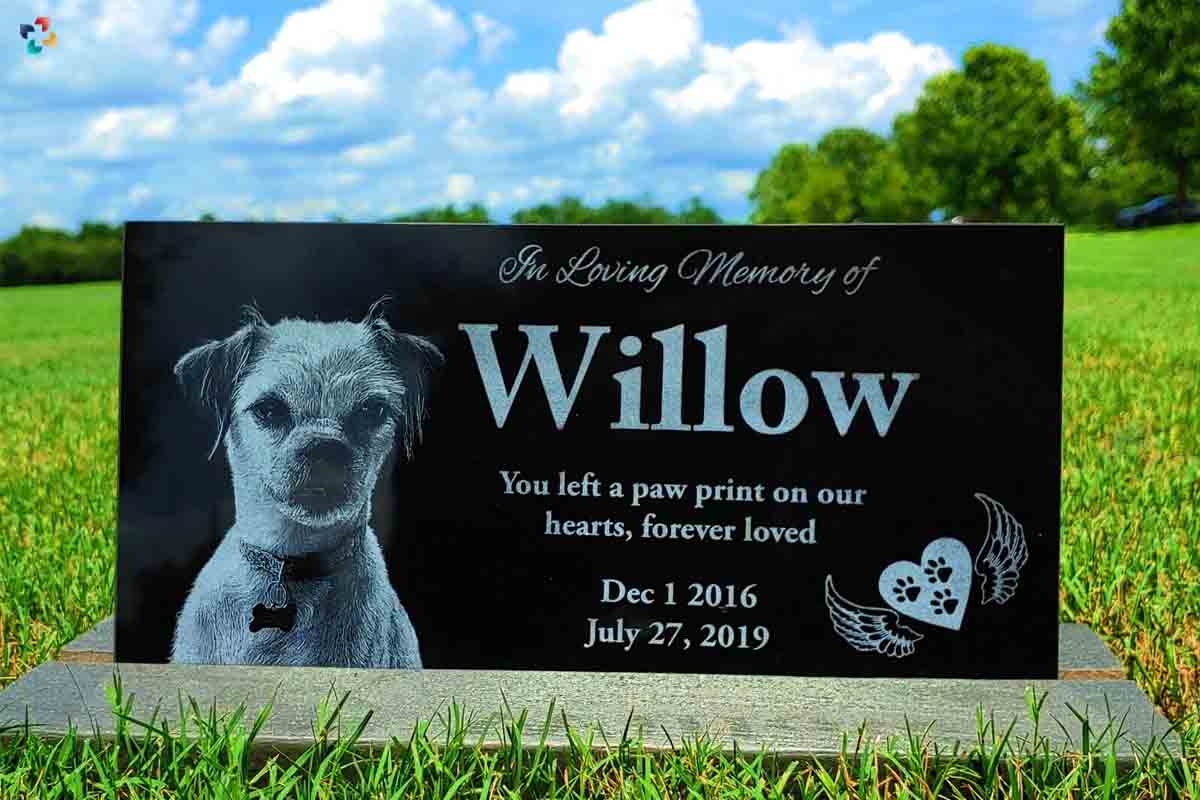When someone you care about dies, it’s normal to feel sadness, express grief, and look to friends and family for understanding and support. But when a pet dies many people can’t deal with Pet Loss.
However, when a pet dies, you don’t always receive that understanding. Some people still don’t grasp how important animals can be in people’s lives, and others may not understand why you’re upset over “just a pet.”
Here is how to deal with Pet Loss;
1. Allow yourself time to mourn.
Since your pet may have been a member of your family for a long period, grief may take some time, especially when you deal with pet loss. Accept it and move forward. “No one else can tell you when to go on or get over it,” says Frank J. Sileo, Ph.D., a certified New Jersey psychologist who has dealt with pet-loss clients. “The grieving process cannot be rushed or coerced,” he argues.

“There is no predetermined timeline for mourning.” Your sadness may manifest itself in waves. You may feel better for a while, but the sadness may return, for example, “by the hearing of someone else losing a pet, a name, or a particular day, such as your pet’s birthday,” explains Sileo. 2. Avoid hiding or ignoring sorrow.
“Confront your sorrow,” Sileo advises. “We just postpone the mourning process by denying it or putting it on a shelf.” Declare it. “Cry, yell, pound a pillow, speak it out,” he suggests.
2. Recognize and accept emotions of guilt.
Do you feel responsible for your pet’s death? It is frequent, according to Janet Zimmerman, a certified clinical social worker on Long Island, New York, who provides pet bereavement therapy. “Nearly all pet owners feel bad – regardless of the reason for death – even if they adore their dogs and would do everything for them,” she adds. According to her, this is because people feel responsible for their dogs and blame themselves for their deaths. “Know that there was nothing more you could have done rationally to keep them alive,” she adds.
3. Write down your emotions.
Sileo suggests keeping a diary or making a scrapbook to help you handle your emotions, including ways to deal with pet loss. “You may remember and [express] unvarnished ideas and emotions via writing,” he explains. “It may include photos of your pet, recollections of great locations you’ve been to, and other memorabilia.” That worked for Lisa Cohn and her 5-year-old son when their beloved dog, Lucy, died of cancer. They dealt with their grief via art, literature, and making collages of Lucy.

Pet loss diaries have been produced by certain individuals, such as Patty L. Luckenbach’s spiral-bound The Kingdom of Heart: A Pet Loss Diary. Colorado psychotherapist Anne Cattarello, who specializes in pet loss and grief therapy, recommends writing a letter to your cherished pet may also help recovery, and services like ILovedMyPet.com allow you to upload your emotions, images, and videos on a customized website, which can be helpful to deal with pet loss.
“The book will help you explore and communicate your thoughts while you battle to find the proper words,” says Colorado psychotherapist Anne Cattarello, who specializes in pet loss and grief therapy. “Writing a letter to your cherished pet may also [help recovery],” she explains. “Share your emotions from the moment the pet entered your life till she or he died.” You may upload your emotions, images, and videos on a customized website using services like ILovedMyPet.com. Certain services are provided for free.
4. Organize a ceremony
In addition to the diary, Cohn hosted a “Remembering Lucy” celebration. “Our friends came over, and we all spoke about her,” she adds. Such routines develop “a sense of control and command over fragile emotions,” according to Zimmerman. A ceremony might commemorate your relationship with your pet.
“A ceremony to deal with Pet Loss might commemorate your relationship with your pet. It’s a chance to express sorrow and disappointment, to start healing, and to provide some closure for the bereaved,” says Donna Henes, a licensed funeral celebrant with Tree of Life Funerals in New York. She has performed rituals for animals, including a bunny. Get your kids involved if you have any.
“Encourage them to place goodbye notes or [mementos] in the burial box,” Henes suggests. “Cover the pet with a familiar blanket. Let the kids decorate the box. “Assist them in making a burial monument or planting a tree in the cemetery.”
5. Construct a memorial.

Sileo made a monument out of Ozzie’s cremated ashes when he died following a year-long fight with bladder cancer. Part of Ozzie’s hair was saved. “He is currently resting on top of the hearth, with his photo nearby,” Sileo explains. Another way to respect and show your love for your pet is to create a monument, whether it’s in your backyard, a pet cemetery, or on your mantel.
6. Get the appropriate assistance.
When you’re in pain, who do you turn to for solace? Your closest friends and family members are most often your initial choices for dealing with Pet Loss. So don’t be shocked if they answer, “That was only a cat. “Forget about it.” “You can always acquire another dog,” for example. They don’t want to be disrespectful, but most people don’t comprehend the relationship you have with your pet.
“If you lose a human family member, you may expect compassion and empathy,” Zimmerman argues. “When a pet dies, people become less compassionate and impatient or contemptuous.” Without someone to depend on, your grief may be even more difficult. “Those who lose their dogs should be given every chance to express their sadness,” says Zimmerman, who founded Long Island Pet Loss Support Services in New York.








